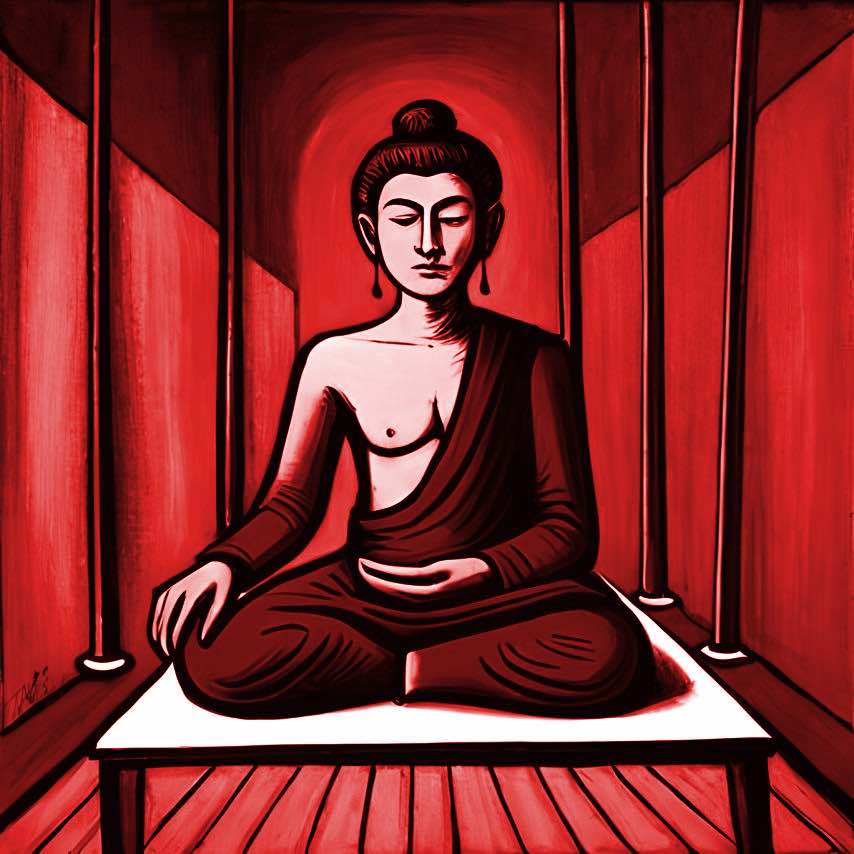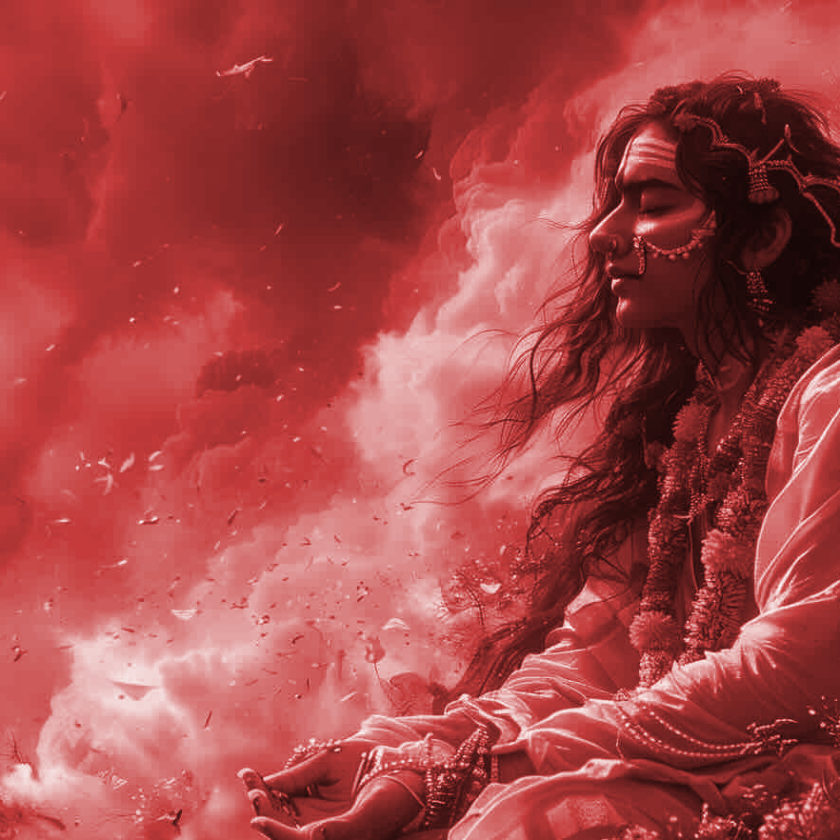To be happy, one must simply learn to be, says the Buddhist wisdom.
Avoiding The Trap Of Desire Triangulation
Most often, we desire what people desire. We buy expensive things because we want to belong. We want to belong to a group, so we seek to obtain what the members of that group have or are seeking to join them. Remove the desire and you will eradicate 80% of luxury purchases.
What If We Stop Wanting To Belong To A Restricted Group
By wanting to belong to a particular group, we develop multiple desires that can become an endless race. Now, what if we stop wanting to belong to a restricted group and instead want to join the group of all humanity? Well, I would say that a lot of desires – vain ones – disappear. No need to buy a sports car or a luxury watch to join the human clan. No need to show signs of superficial respectability to join the tribe of humanity. It is quite the opposite, to belong to the humans you simply have to show by your character that you deserve to be called as such. Our humanity is characterized by what we do, what we think, not what we have.
Embracing An Ever-Growing, Even Absolute Identity
One hears here and there the need to reduce one’s identity, which is an illusory quest in my opinion. The human being needs to know who he is and in my opinion, he cannot become dust before he becomes dust. In my opinion, the most important thing is to embrace an ever-growing identity or at least to join an ever-growing group. It is healthier to think of yourself as human than as a national. It is better to think of oneself as belonging to the cosmos rather than to the earth alone. It is better to feel part of nature than separate from it. It is better to feel like your son to understand him than to develop too big an ego as a father. So it’s a kind of paradox that is created: our identity is bigger but we also become more humble and insignificant (and so we reduce our identity by growing it). It’s like an employee of a big company, he can feel a certain pride in where he works but at the same time his contribution and importance are much lower than an employee of a small company. He therefore has a certain distance to what he is. His contribution is diluted in the mass of employees that make up this company. Yet his work is important and his company has a more significant impact than a small business. Conversely, the owner of an SME may feel that he is important within his company, but his company has only a weak continuation at the macroscopic level.










